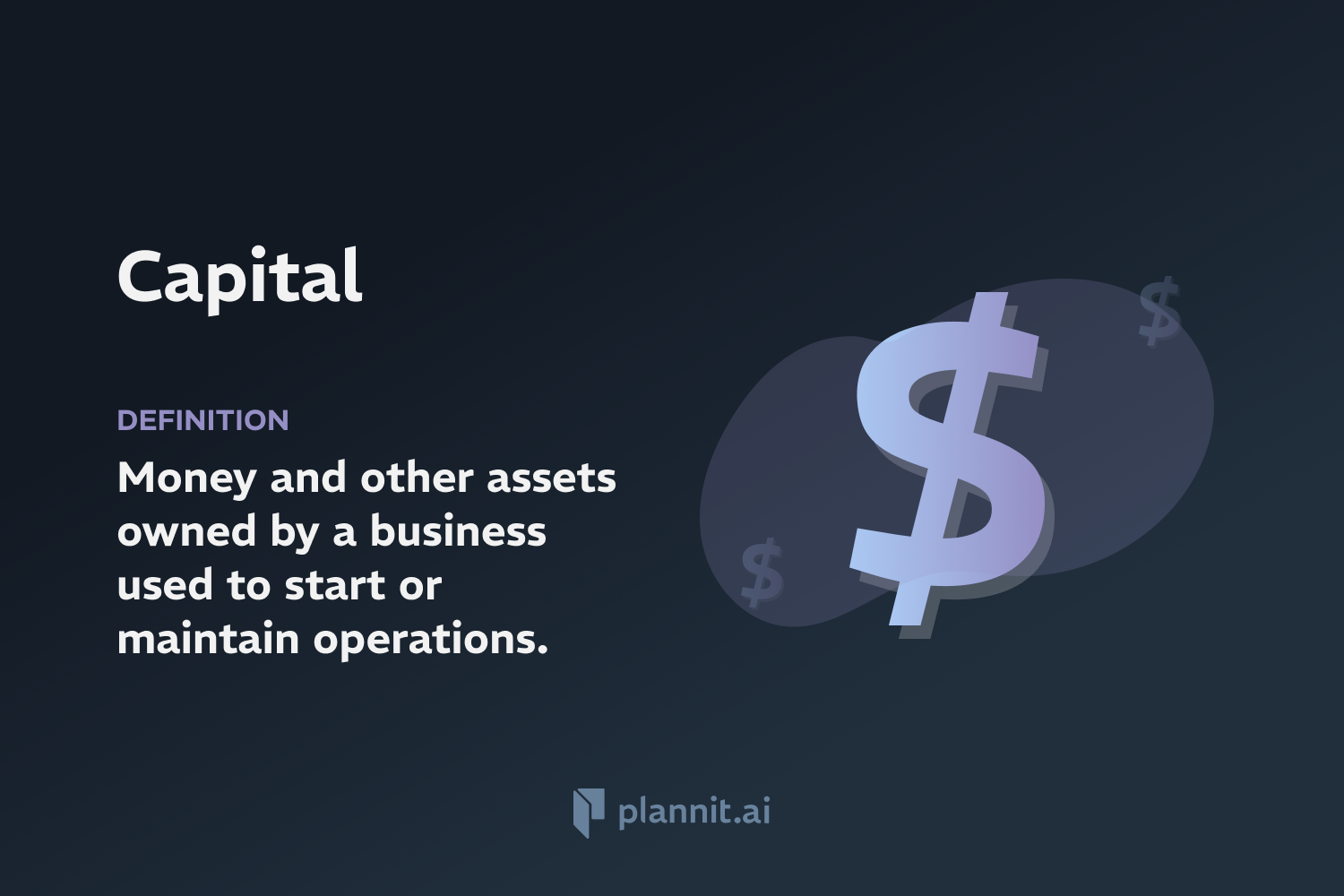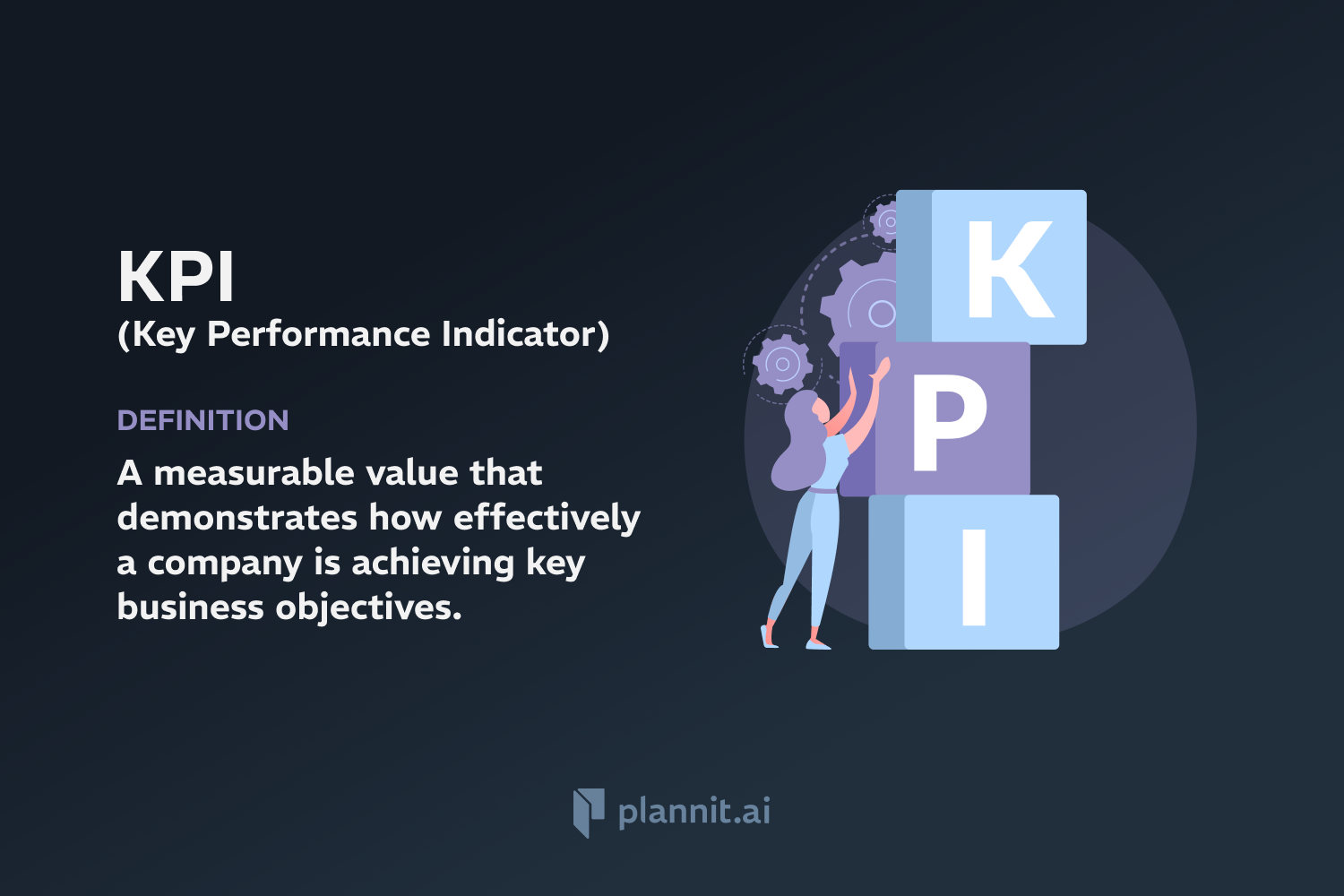Need Help With Your Business Plan?
Answer tailored questions and get a detailed business plan in minutes.
Goodwill: Definition & In-Depth Explanation
Definition:
Goodwill is an intangible asset on a company's balance sheet that represents the premium paid over the fair market value of the net identifiable assets of a business during an acquisition. It reflects factors like the target company's brand, customer base, customer relations, employee relations, and any patents or proprietary technology.
Context of Use:
Goodwill is commonly discussed in contexts involving mergers and acquisitions, financial reporting, and valuation. It is a critical aspect of accounting for acquisitions and is often scrutinized during financial audits and by investors analyzing a company's financial health.
Purpose:
The primary purpose of recognizing goodwill is to account for the value that has been paid for a business above and beyond the identifiable tangible and intangible assets. It represents the future economic benefits arising from assets that are not capable of being individually identified and separately recognized.
Example:
Acquisition: If Company A purchases Company B for $1 million, and the fair market value of Company B's net assets is $700,000, the goodwill recorded on Company A's balance sheet would be $300,000.
Related Terms:
Amortization: The gradual reduction of the value of an intangible asset over a specific period of time.
Impairment: A permanent reduction in the value of a company’s asset, such as goodwill, to reflect a decline in its fair value.
Intangible Assets: Non-physical assets like patents, copyrights, trademarks, and brand recognition.
FAQs:
1. How is goodwill calculated?
A: Goodwill is calculated by subtracting the fair market value of a company's tangible and identifiable intangible assets, minus liabilities, from the total purchase price of the company.
2. Why is goodwill important in mergers and acquisitions?
A: Goodwill reflects the value of a company's brand name, customer base, good customer relations, good employee relations, and any patents or proprietary technology. It is important because it can significantly affect the financial evaluation of a company post-acquisition.
3. How does goodwill impact financial statements?
A: Goodwill is recorded as an asset on the balance sheet and can impact the balance sheet size and the company's equity. It is also subject to impairment tests, which can affect the income statement if an impairment loss is recognized.
4. What happens to goodwill over time?
A: Goodwill is generally considered to have an indefinite useful life and is not amortized. Instead, it must be tested annually for impairment, and any loss in value must be written down.
5. Can goodwill ever be negative?
A: Technically, goodwill cannot be negative. If the purchase price of a company is less than the fair market value of its net assets, the situation is referred to as a "bargain purchase," and a gain is recognized in the buyer’s financial statements.
Get funding with a business plan that will impress investors.
Starting a New Business?



